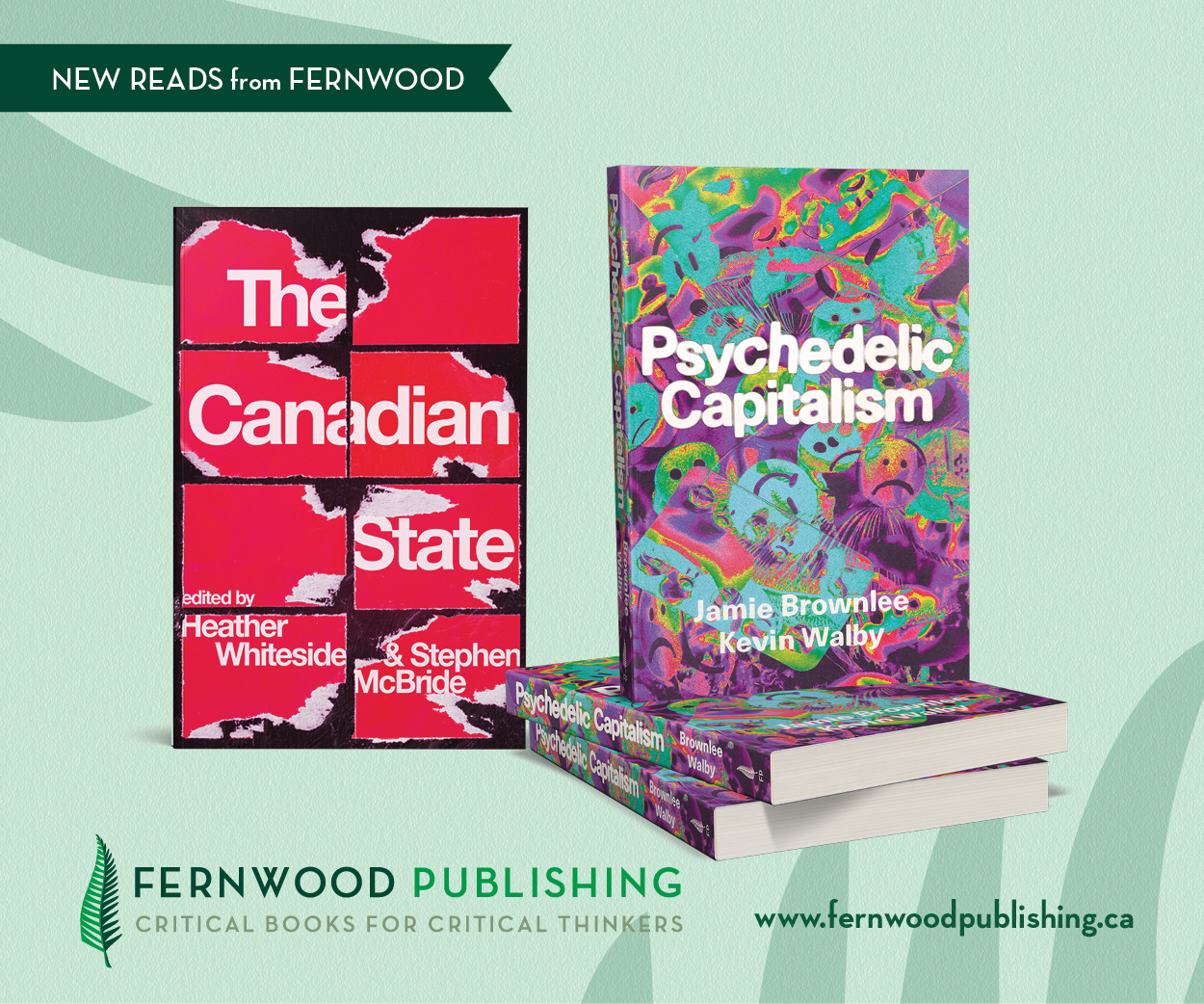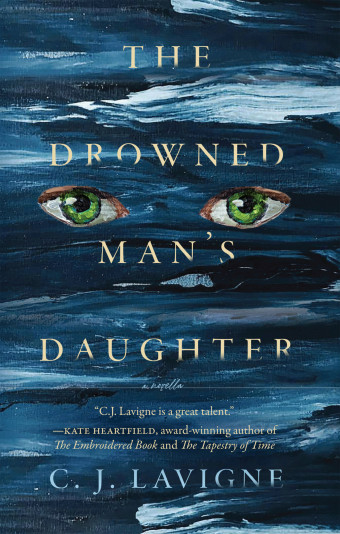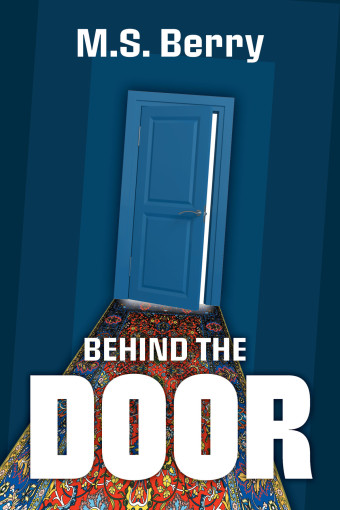“Every piece has its own heartbeat, its own personality.” This, according to Rona Altrows, is central to Please Don’t Interrupt: An Anthology.
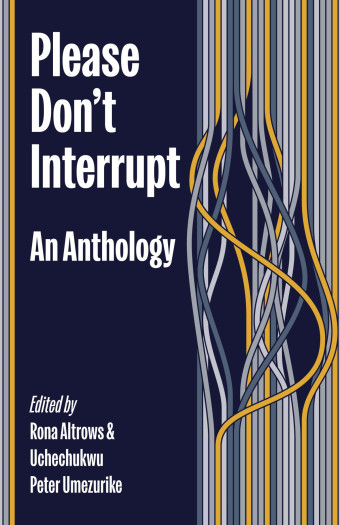
- Please Don’t Interrupt
- Rona Altrows (Editor), Uchechukwu Peter Umezurike (Editor)
- Griots Lounge Publishing Canada
- $23.99 Paperback, 240 pages
- ISBN: 978-17-38334-04-9
In this collection, the provocative idea of interruption is showcased in seven thematic sections and left to the interpretation and reflection of 30 contributing writers, including Alberta-based co-editors Altrows and Uchechukwu Peter Umezurike.
“We persist despite interruptions,” says Umezurike, an assistant professor in the University of Calgary’s Department of English. “We can’t do otherwise.”
Award-winning writers themselves, Altrows and Umezurike reached out to colleagues in the literary world to gather submissions for the anthology. These writers represent diversity through ethnicity, age, neurodiversity, and background, but all came to the project with stories to tell – some fiction and many non-fiction.
The co-editors were met with great enthusiasm for the project, and though they didn’t tell the writers what to submit, they found the themes of interruption came together to create a multi-faceted exploration of the topic.
“What I found rather exciting was the opportunity to appreciate and savour the insight of each contributor in the anthology, whether they are writing about pain and trauma or intimacy and joy,” says Umezurike.
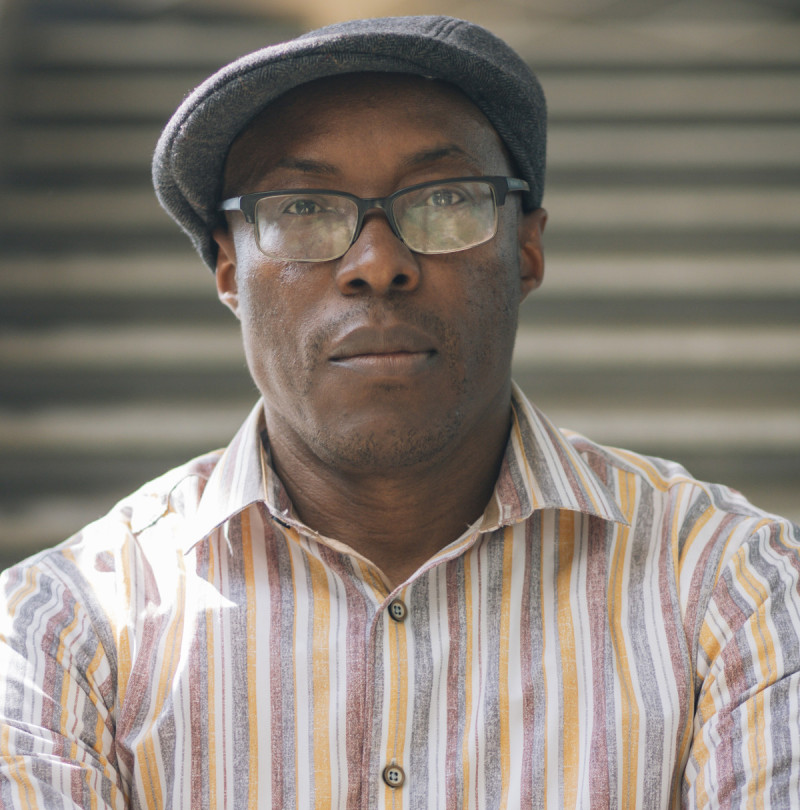
He is excited for readers to explore the offerings. The contributors’ “reflections on interruptions are remarkable and rich with insights,” he says.
Please Don’t Interrupt also benefits from the editors’ enthusiastic support of the anthology as an art form, with its ability to include various perspectives and contribute aesthetic and social value to society.
“We live in a starkly divided and uncertain world, and we need, more than ever, books that deal with the phenomena that unite humanity – such as interruption, a universal experience that takes many forms,” says Altrows, who is a fiction writer, essayist, and playwright, and who has edited three previous anthologies.
“We are eager to share with our readers the myriad ways in which interruption may be interpreted.”
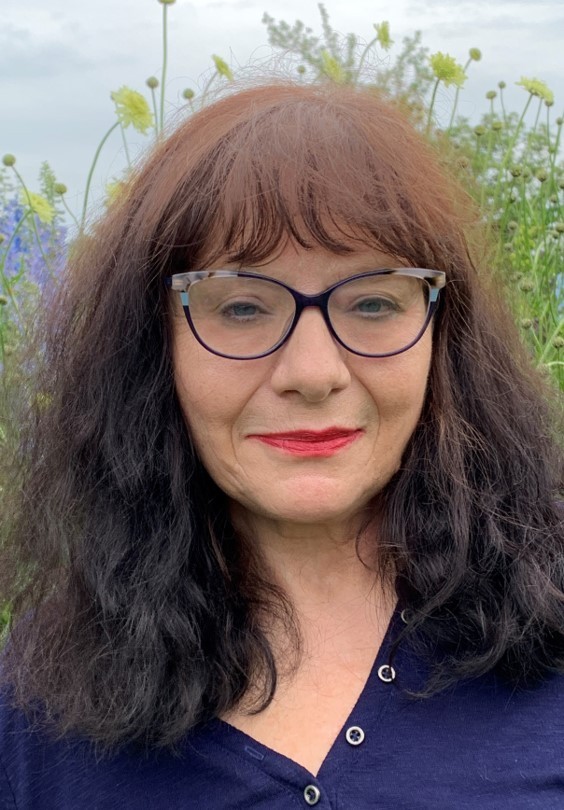
Some of these interpretations explore past traumas, political upheaval, and the triumph and betrayal of the body.
“Interruption persists anywhere you look, in measly and incremental degrees,” Umezurike says. “Many of our contributors contemplated these interruptions in their own way.”
Altrows says her and Umezurike’s goals – to build community, promote writing excellence, and provide an opportunity for emerging writers – were met.
The creation of an anthology where voices from diverse backgrounds and ethnicities are represented and heard, and where pieces are written to the highest literary standards, stands as a testament to what they set out to do.
The result is a rich tapestry that invites readers to explore what interruption means through prose, poetry, and hybrid writing that may challenge traditional expectations.
When asked if they view Please Don’t Interrupt as interrupting the writing and publishing industry, Altrows responds, “If the achievement of those goals by our contributors and by Uche and me as editors is a departure from how things are usually done, so be it.
“We can’t singlehandedly reverse biases in the publishing industry, but we can set a good example.”


